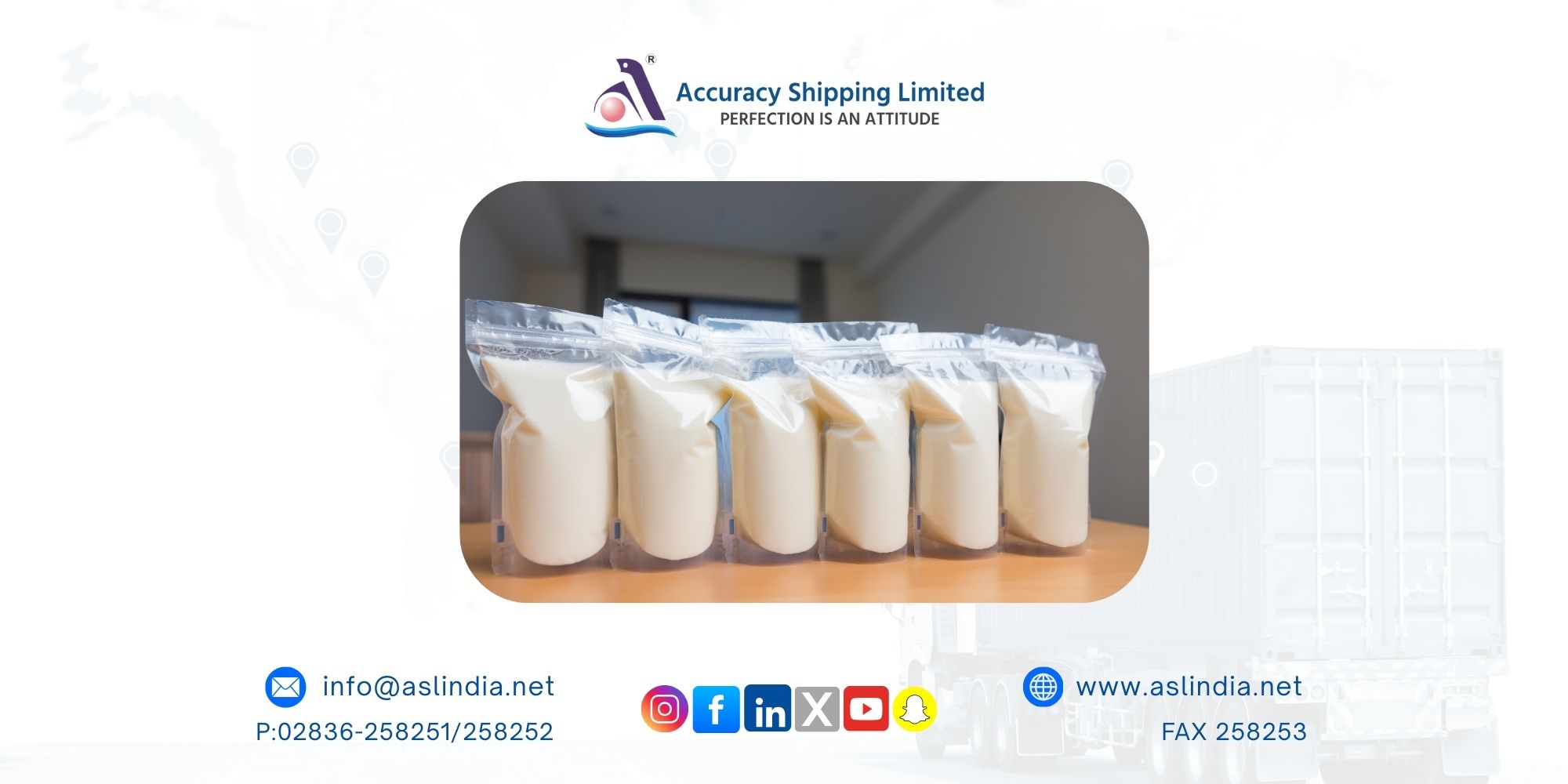Baby food pouches low in nutrients, testing finds

Baby food pouches from six of the UK's leading brands — Ella's Kitchen, Heinz, Piccolo, Little Freddie, Aldi, and Lidl — are coming under scrutiny after laboratory testing revealed that many of them fail to meet the essential nutritional needs of babies and toddlers. Experts told BBC Panorama that parents are being misled by the marketing of these products, believing them to be healthier than they are.
Convenience Over Nutrition
These pouches have become a household staple due to their convenience and long shelf life. With over 250 products on the market, they are widely used for babies and toddlers up to two or three years old. However, experts emphasize that pouches should only be used sparingly and not replace homemade meals, as over-reliance on them can lead to health issues in young children.
When BBC Panorama raised concerns, market leader Ella’s Kitchen agreed that pouches should not be primary food sources. All brands stated their products are intended to complement a varied weaning diet, asserting their commitment to infant health and adherence to UK regulations.
Shocking Lab Results: Low Iron and Vitamin C
The BBC's investigation, using an independent UKAS-accredited laboratory, uncovered troubling findings:
Savoury pouches, often used as meal replacements, contained less than 5% of an infant’s daily iron needs.
A fruit pouch had virtually no vitamin C left after manufacturing.
Pouches marketed as having "no added sugar" still contained up to four teaspoons of free sugars.
Some pouches were marketed for babies as young as four months old, against NHS and WHO guidelines recommending solids only after six months.
Parents Misled by ‘Healthy’ Marketing
Parents participating in a focus group shared their concerns, feeling betrayed by brands they trusted. Public health experts and Dr. Alison Tedstone, former chief nutritionist to the UK government, criticized the misleading nutritional claims. Terms like "packed with goodness" (Piccolo), "perfectly balanced" (Ella’s Kitchen), and "Good for Brains" (Little Freddie) give parents a false sense of security about these products' health benefits.
Iron Deficiency: A Serious Concern
Iron is critical for a baby's immune system, growth, and brain development. However, none of the tested savoury pouches provided the recommended iron intake. Even meat-based products like Heinz’s Sweet Potato, Chicken and Veggies pouch had just 0.3mg of iron, falling dramatically short of nutritional needs.
Paediatric dietitian Bahee Van de Bor emphasized the importance of iron-rich foods as babies' natural stores deplete around seven months of age.
High Sugar Levels and Dental Health Risks
Alongside low iron and vitamin C, high sugar levels in fruit pouches raised red flags. NHS guidelines advise limiting a one-year-old’s intake to no more than 10g of free sugars a day, yet some pouches exceeded this. Ella’s Kitchen's Bananas and Apples pouch, for example, contains 19.6g of sugar — more than a typical fizzy drink.
Dentists are alarmed at the link between sugary pouches and rising tooth decay rates among toddlers, with many requiring hospital extractions.
The Disappearance of Vitamin C
Vitamin C, essential for immune health, was almost absent in some products. For instance, Piccolo’s Pure Mango pouch had less than 0.1mg of vitamin C compared to 18.2mg found naturally in fresh mango. Heating during processing significantly depletes vitamin C levels, leaving behind mainly sugars and fluids.
While some products like Heinz's Apple pouch performed better due to added vitamin C, the overall trend of nutrient loss is concerning.
Disregarding Expert Guidelines
Several brands promoted pouches suitable from four months old, despite clear NHS and WHO advice to start solids at around six months. This early promotion, experts argue, prioritizes profit over infants' health.
Following the investigation, companies including Ella’s Kitchen, Piccolo, and Aldi announced plans to revise age recommendations on their packaging.
Feeding Directly From the Spout: A Hidden Danger
The convenience of squeezing food directly into a baby's mouth, encouraged by some brands like Piccolo, contradicts public health advice. This practice can cause babies to eat too fast and contribute to dental decay. Although most brands suggest using a spoon on their packaging, stronger front-of-pack warnings are lacking.
A Call for Stronger Regulations
Experts and WHO officials agree that stronger mandatory regulations are urgently needed. Current UK laws, dating back to 2003, do not adequately address the nutritional standards or marketing practices of modern baby food products.
Dr. Tedstone urges lawmakers to recognize that commercial interests must not come before the health and wellbeing of infants.
Conclusion: Awareness is Key
While baby food pouches offer undeniable convenience, they should not replace home-prepared meals or serve as primary sources of nutrition. Parents should be empowered with transparent information to make better choices for their children’s health. Stronger regulations, honest marketing, and a focus on real nutritional needs are crucial steps forward.







